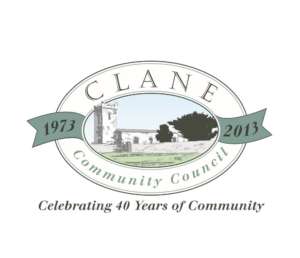Course Description
Fundamentals of Trauma Processing
Alison
This free online course explores various techniques for processing, overcoming and preventing trauma-related disorders. Catastrophic events can cause post-traumatic stress disorder (PTSD), significantly impacting individuals’ emotional and mental functioning, and are a universal concern for healthcare systems. We therefore created this trauma processing course to give mental health professionals and other clinicians the knowledge and skills they need to help patients and clients identify and process traumatic experiences that negatively impact their lives.
| Course Code | 5024 |
| College Name | Alison |
| Course Category | Health Care, Healthcare |
| Course Type | Online Learning |
| Course Qualification | CPD Certificate |
| Course Location | Online Course |
| Delivery mode | |
| Course Fee | Free |
| Course Duration | 1.5-3 hours |
| Entry Requirements | Like all courses on the Alison Free Learning platform this is a free, CPD-accredited course. A Graduate can choose to buy a certificate or diploma upon successful completion of a course, but this is not required or necessary. At Alison we believe that free education, more than anything, has the power to break through boundaries and transform lives. Alison is the world’s largest free online empowerment platform for education and skills training, offering over 5000 CPD accredited courses and a range of impactful career development tools. It is a for-profit social enterprise dedicated to making it possible for anyone, to study anything, anywhere, at any time, for free online, at any subject level. Through our mission, we are a catalyst for positive social change, creating opportunity, prosperity, and equality for everyone. |
| Career Path | In This Free Course, You Will Learn How To • Identify the categories of people prone to trauma disorder • Distinguish between the various types of trauma disorders • Recall major trauma-related symptoms according to American Psychological Association • Explain the psychological effect of adverse life events on patients • Discuss negative cognitions and moods that may be seen in patients with PTSD • Identify the common causes of psychological damage in people • Summarize the possible causes of dissociation and treatment approaches • Explain how to develop a clinical diagnosis and appropriate treatment plan • Recall the recommended questions clinicians should apply during an interview • Identify the basis of a successful therapeutic relationship between patients and clinicians • Discuss the benefits of self-assessment among clinicians • Define the term ‘fallacy of change’ in relation to trauma disorder • Summarize the best practices in the early stages of treatment planning • Identify the qualities of an effective trauma therapist |






Comments, Questions & Reviews